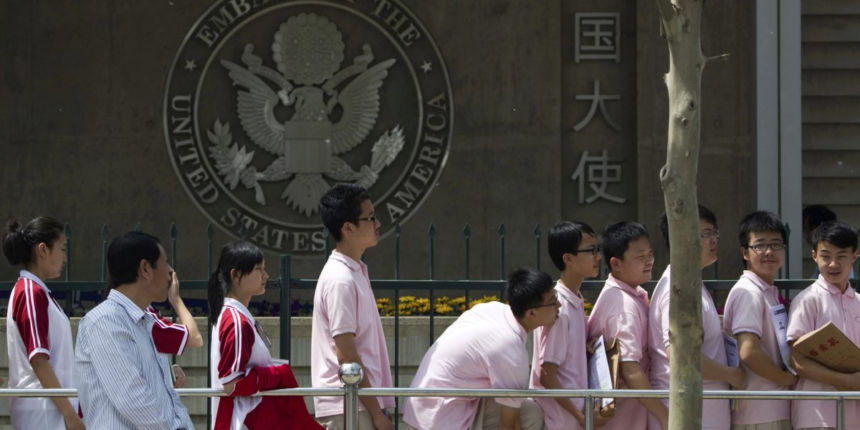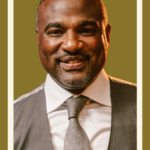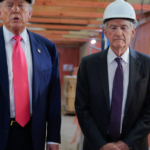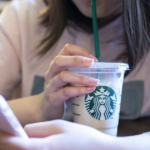The department said consular officers will be on the lookout for posts and messages that could be deemed hostile to the United States, its government, culture, institutions or founding principles.
Students around the world have been waiting anxiously for U.S. consulates to reopen appointments for visa interviews, as the window left to book their travel and make housing arrangements narrows ahead of the start of the school year.
On Wednesday afternoon, a 27-year-old Ph.D. student in Toronto was able to secure an appointment for a visa interview next week. The student, a Chinese national, hopes to travel to the U.S. for a research internship that would start in late July. “I’m really relieved,” said the student, who spoke on condition of being identified only by his surname, Chen, because he was concerned about being targeted. “I’ve been refreshing the website couple of times every day.”
Students from China, India, Mexico and the Philippines have posted on social media sites that they have been monitoring visa booking websites and closely watching press briefings of the State Department to get any indication of when appointment scheduling might resume.
In reopening the visa process, the State Department also told consulates to prioritize students hoping to enroll at colleges where foreigners make up less than 15% of the student body, a U.S. official familiar with the matter said. The official spoke on condition of anonymity to detail information that has not been made public.
This latest move to vet students’ social media, the State Department said Wednesday, “will ensure we are properly screening every single person attempting to visit our country.”
In internal guidance sent to consular officers, the department said they should be looking for “any indications of hostility toward the citizens, culture, government, institutions, or founding principles of the United States.”
Jameel Jaffer, executive director at the Knight First Amendment Institute at Columbia University, said the new policy evokes the ideological vetting of the Cold War, when prominent artists and intellectuals were excluded from the U.S.
“This policy makes a censor of every consular officer, and it will inevitably chill legitimate political speech both inside and outside the United States,” Jaffer said.









